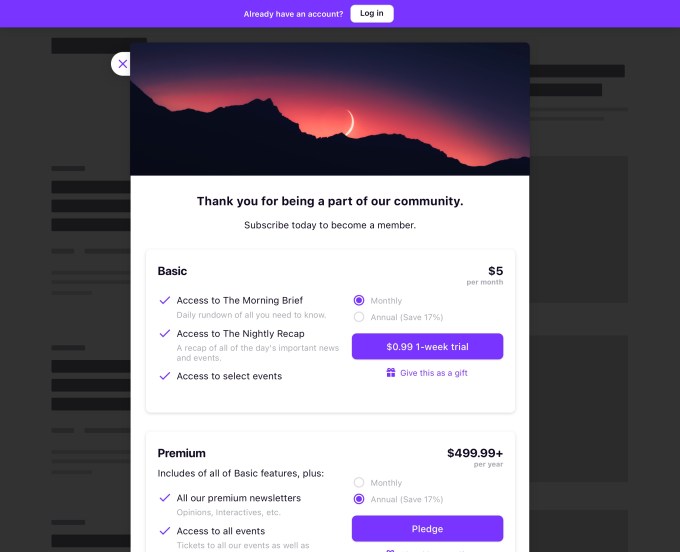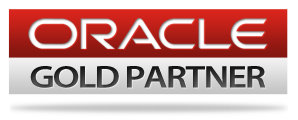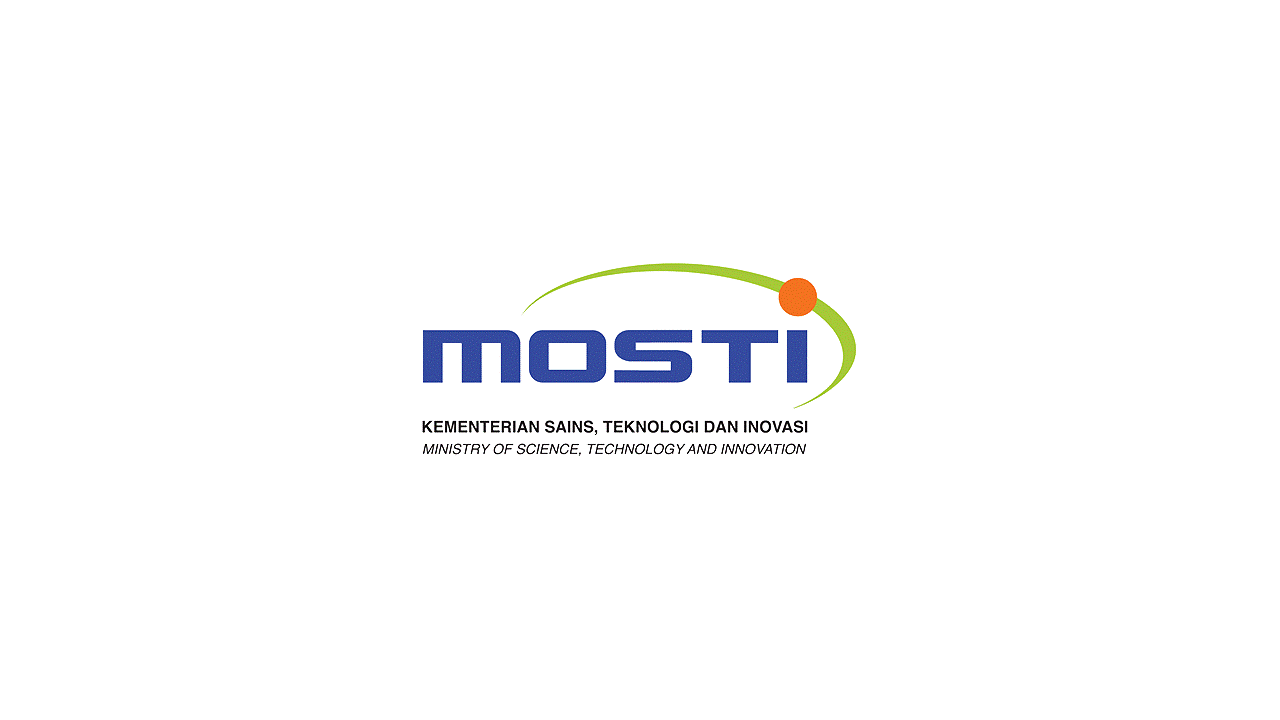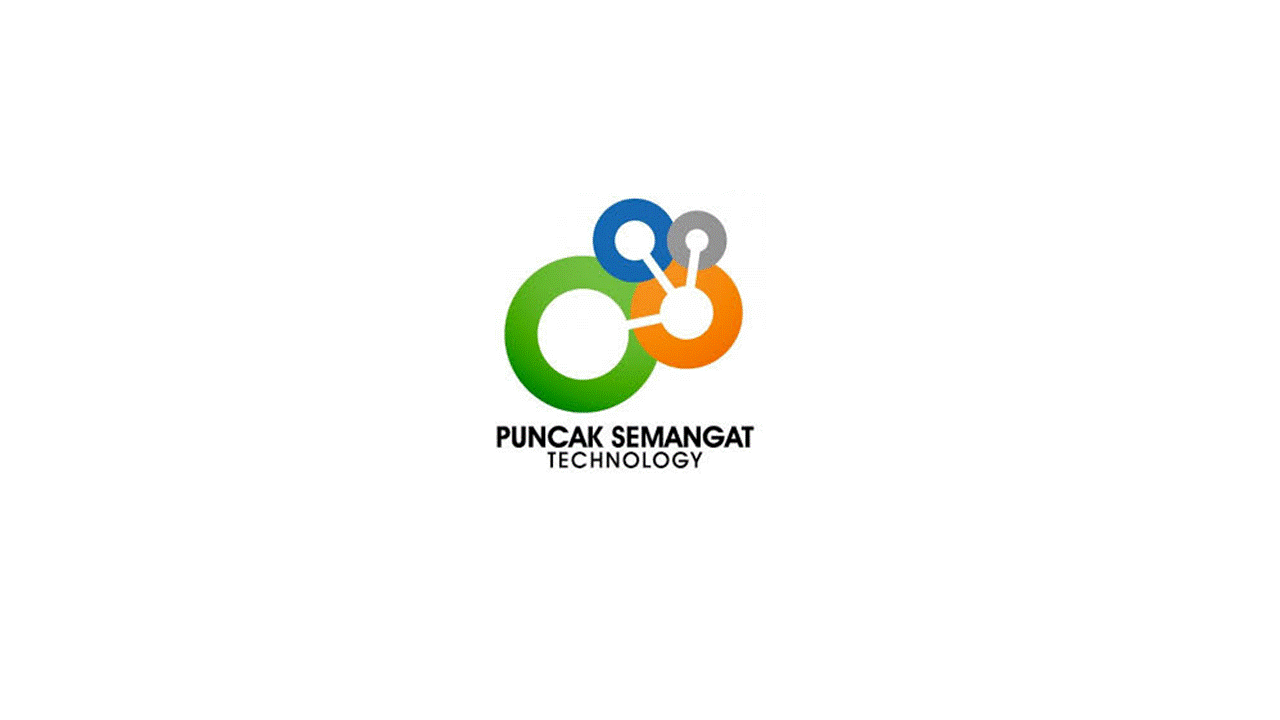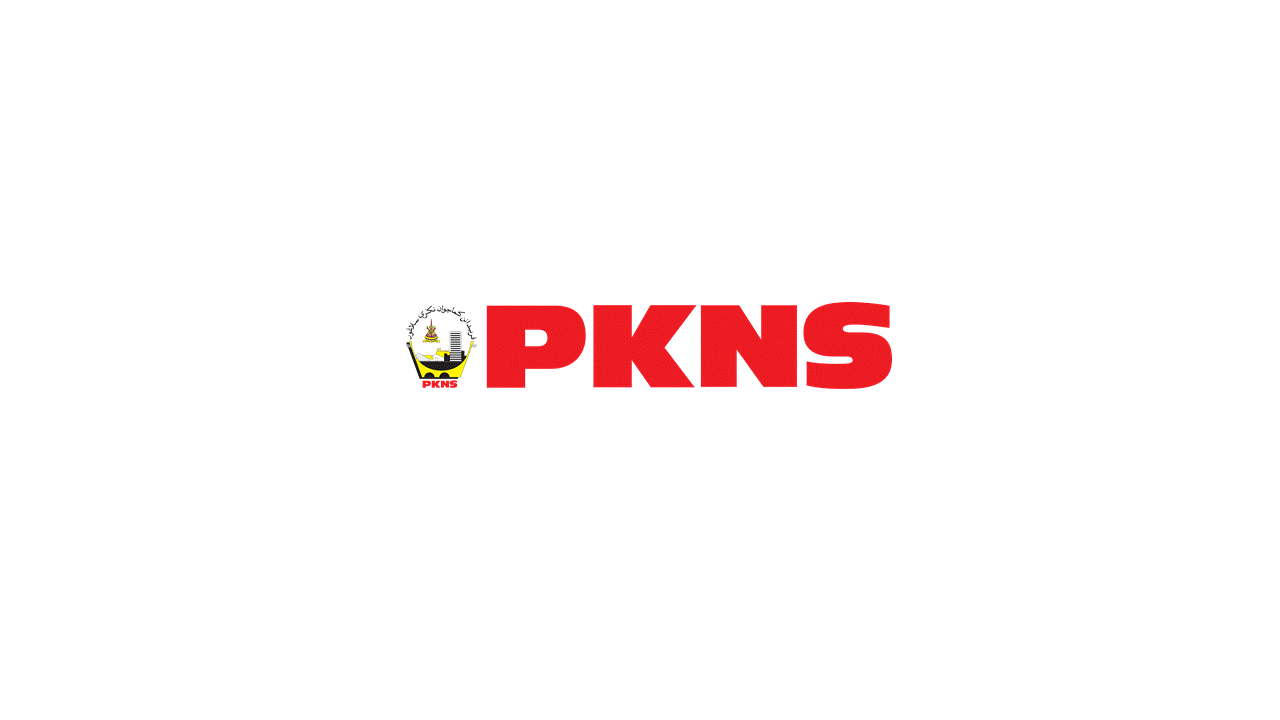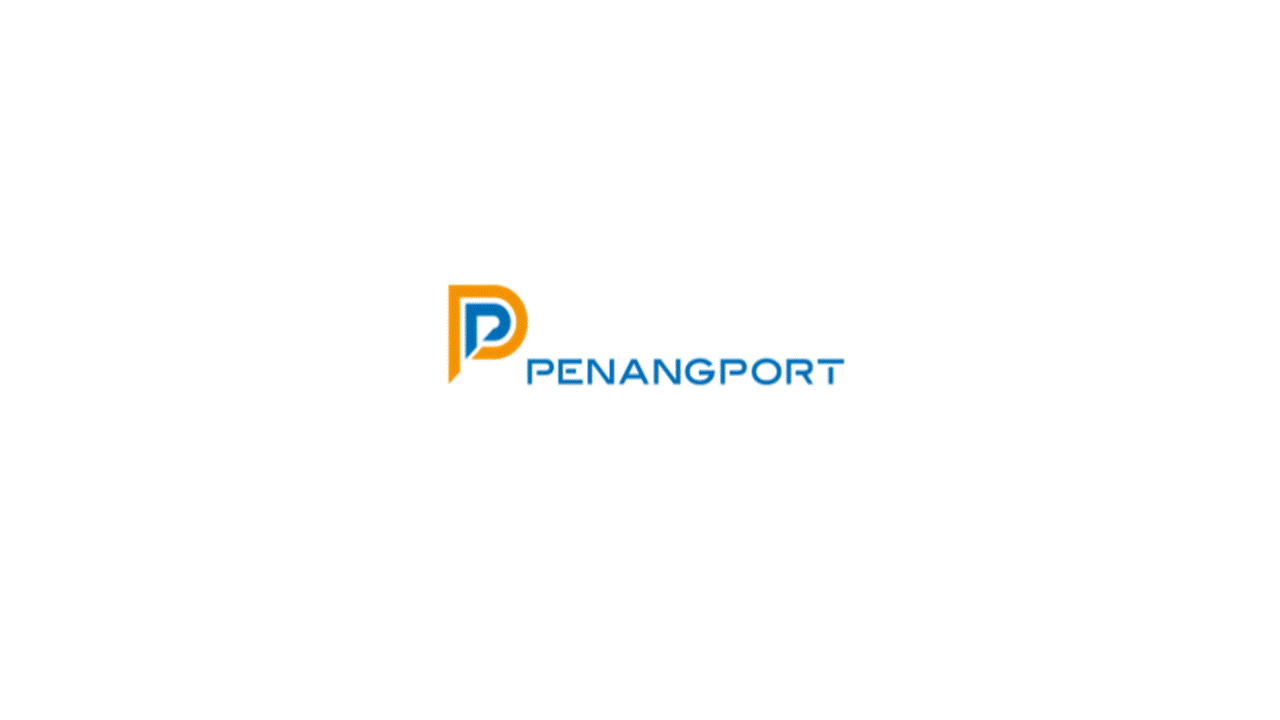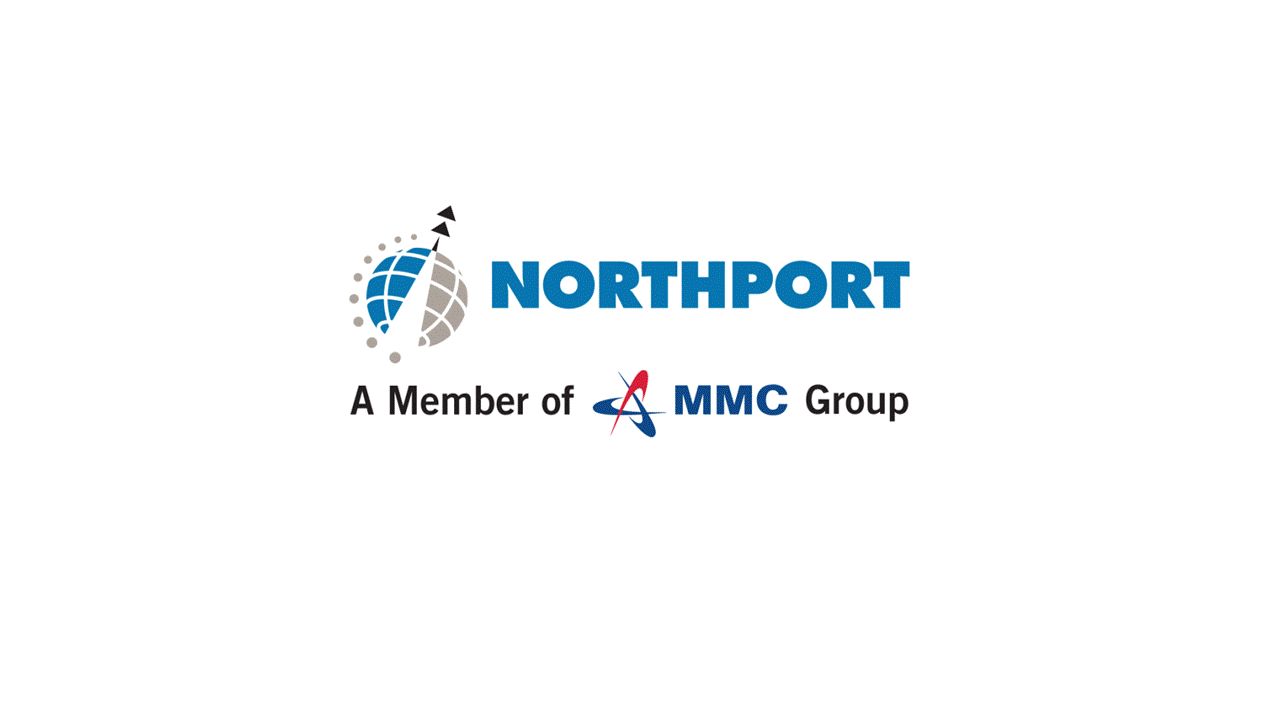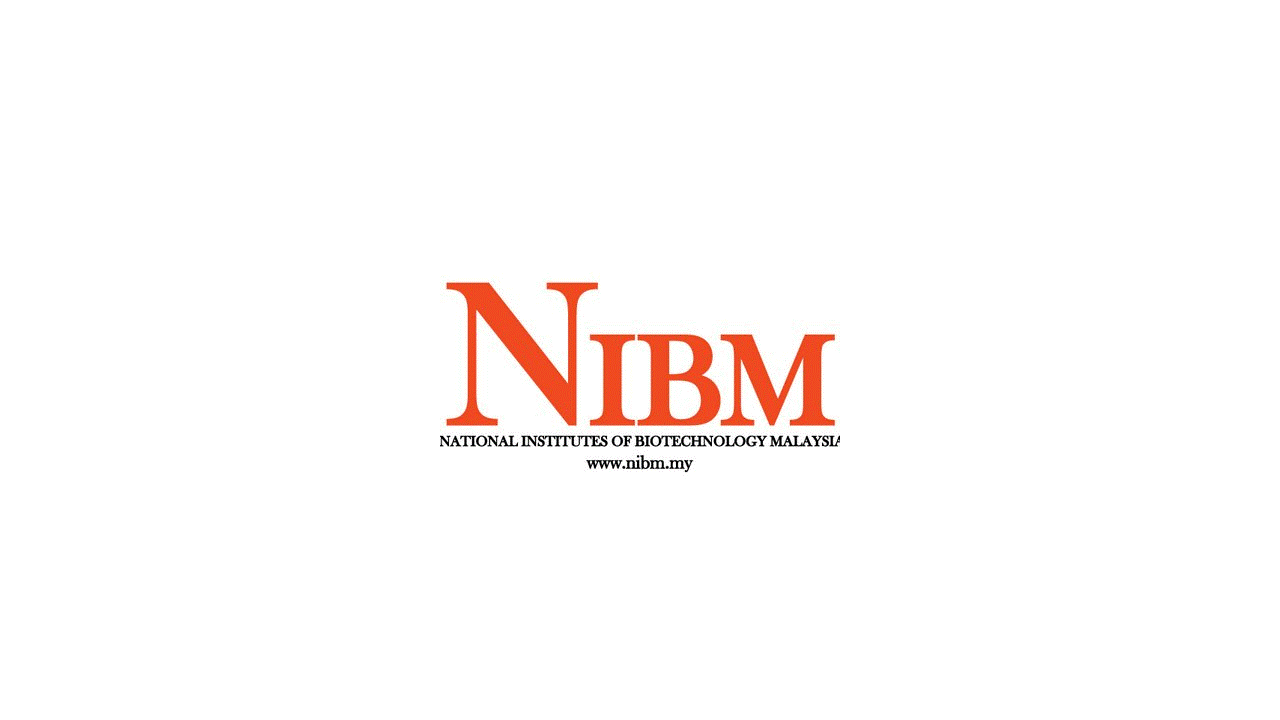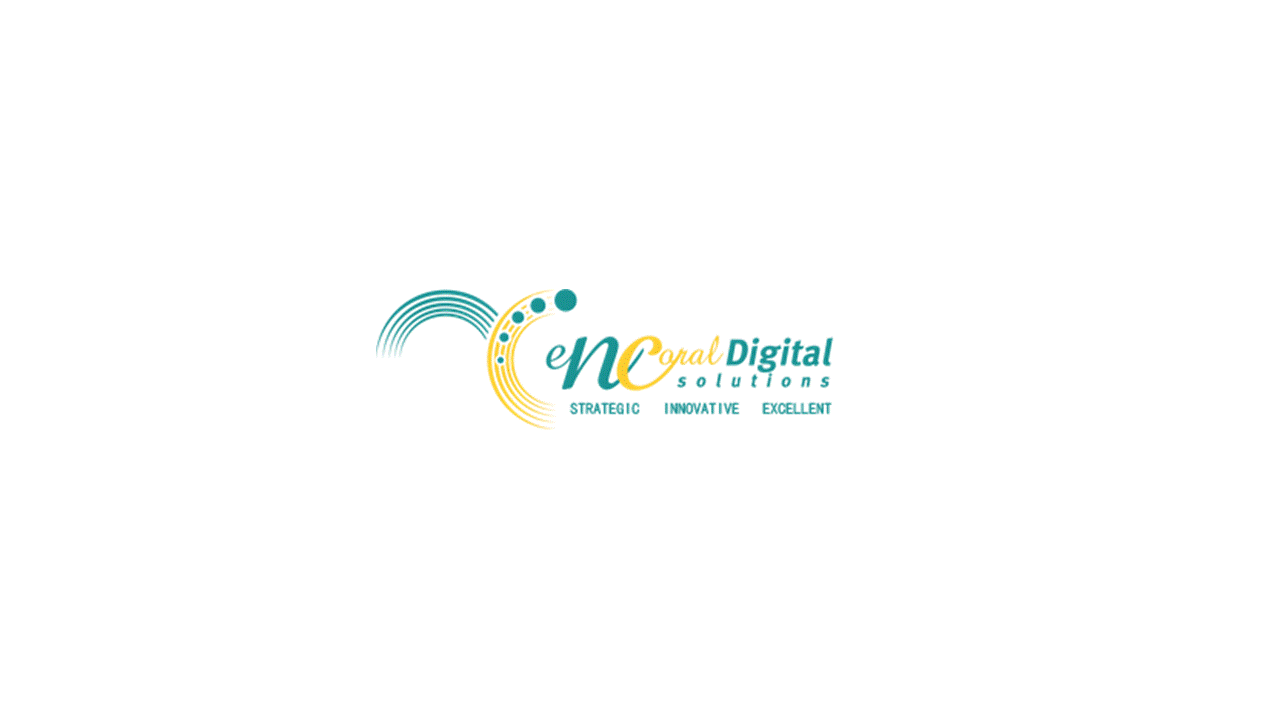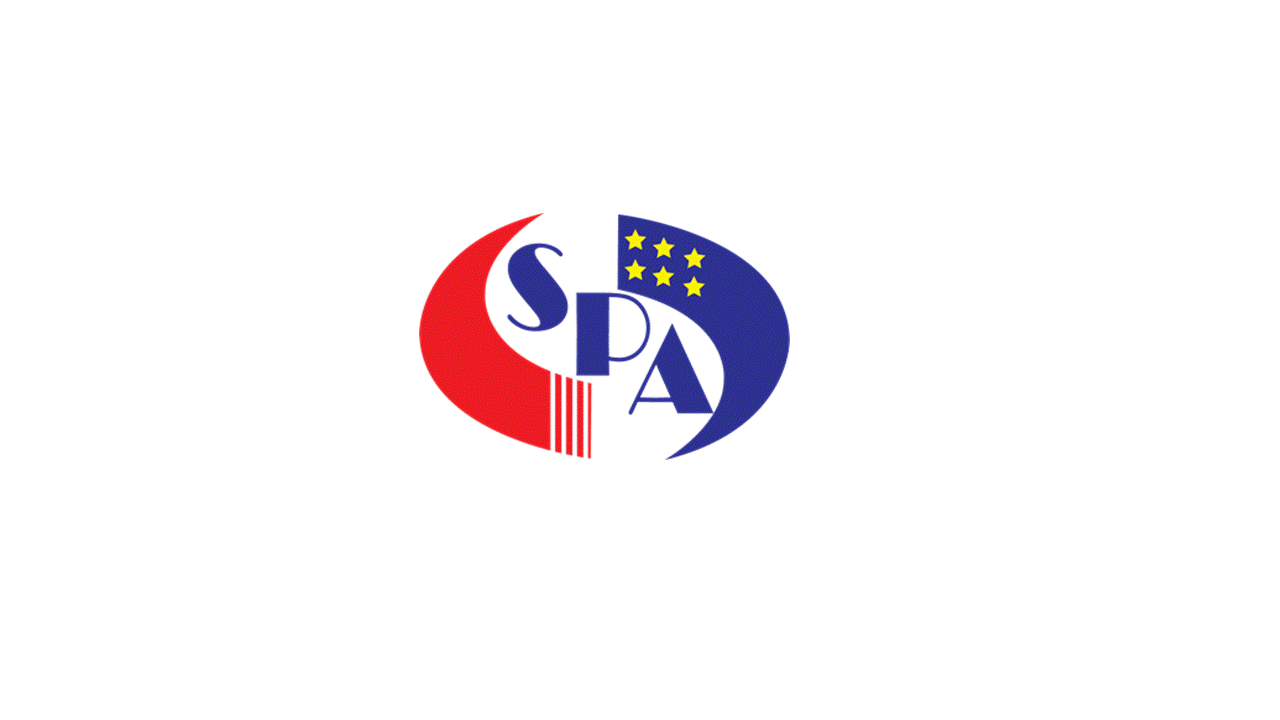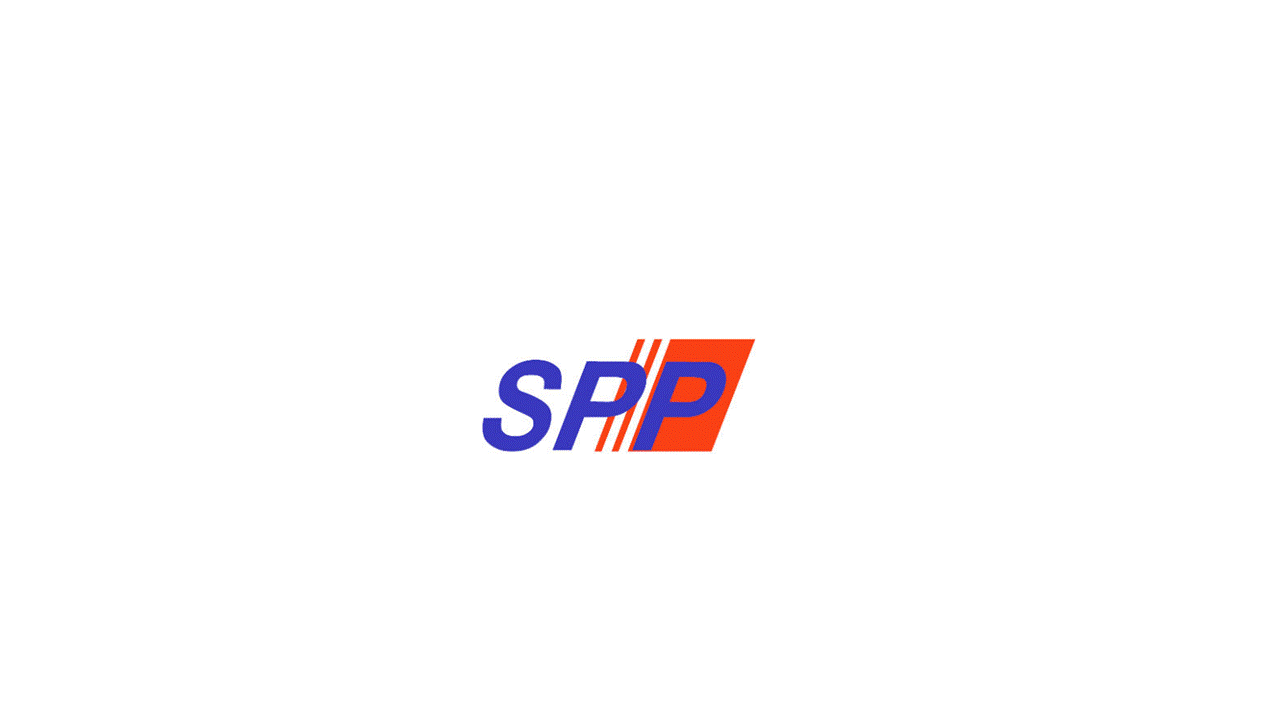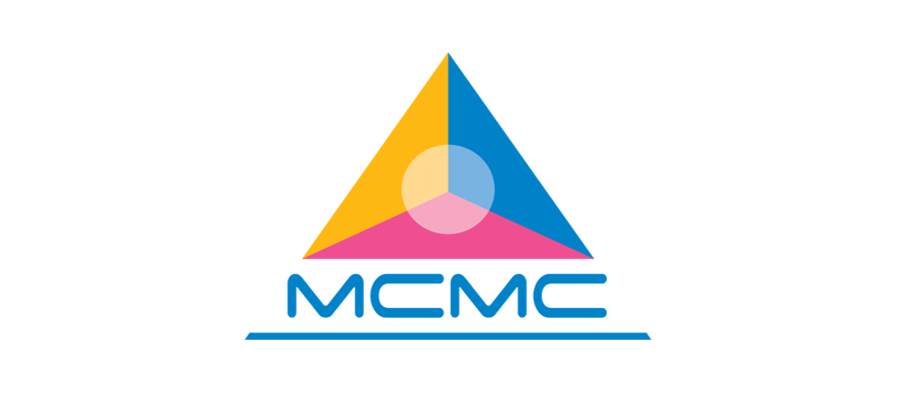News: Daily Crunch: Coinbase goes public
Coinbase makes an impressive public debut, Dell spins out VMware and Ford announces a new hands-free driving system. This is your Daily Crunch for April 14, 2021. The big story: Coinbase goes public Cryptocurrency exchange Coinbase went public today via direct listing at an opening price of $381 per share, climbing to nearly $430 before
Coinbase makes an impressive public debut, Dell spins out VMware and Ford announces a new hands-free driving system. This is your Daily Crunch for April 14, 2021.
The big story: Coinbase goes public
Cryptocurrency exchange Coinbase went public today via direct listing at an opening price of $381 per share, climbing to nearly $430 before closing at $328.28 (giving the company a market capitalization of $85.8 billion).
The listing is a major milestone for the cryptocurrency world (with various crypto prices soaring today as well), though there’s at least a tiny bit of irony in the fact that this success comes via the traditional stock market.
The tech giants
Dell is spinning out VMware in a deal expected to generate over $9B for the company — Dell acquired VMware as part of the massive $58 billion EMC acquisition in 2015.
Google’s FeedBurner moves to a new infrastructure but loses its email subscription service — Since its acquisition in 2007, FeedBurner lingered in an odd kind of limbo.
Instagram’s new test lets you choose if you want to hide ‘Likes,’ Facebook test to follow — The app has been experimenting with hiding Likes since 2019.
Startups, funding and venture capital
Astranis raises $250M at a $1.4B valuation for smaller, cheaper geostationary communications satellites — While a lot of other companies are looking to build satellite constellations in low-Earth orbit, Astranis is focused on the GEO band, where the large legacy communications satellites currently operate.
MIT startup Pickle raises $5.75M for its package-picking robot — The robot’s name is Dill.
Outschool is the newest edtech unicorn — The new funding values Outschool at $1.3 billion, around four times higher than its roughly $320 million valuation set less than a year ago.
Advice and analysis from Extra Crunch
How to pivot your startup, save cash and maintain trust with investors and customers — Olive CEO Sean Lane explains a painful process.
Alexa von Tobel outlines how founders should manage personal finances — Von Tobel laid out the steps you can take to stay out of debt, build credit and accumulate wealth through investments to ensure you have financial peace of mind as you start a company.
Inside the US’ epic first-quarter venture capital results — Funding in the United States nearly doubled compared to the same quarter of 2020, according to PitchBook.
(Extra Crunch is our membership program, which helps founders and startup teams get ahead. You can sign up here.)
Everything else
Ford takes aim at Tesla, GM with its new hands-free driving system — Ford will debut its new hands-free driving feature on the 2021 F-150 pickup truck and certain 2021 Mustang Mach-E models through a software update later this year.
Kroger launches its first Ocado-powered ‘shed’, a massive, robot-filled fulfillment center in Ohio — Built with a giant grid along the floor, “the shed”, as Ocado calls its warehouses, will feature some 1,000 robots alongside 400 human employees.
The Daily Crunch is TechCrunch’s roundup of our biggest and most important stories. If you’d like to get this delivered to your inbox every day at around 3pm Pacific, you can subscribe here.


